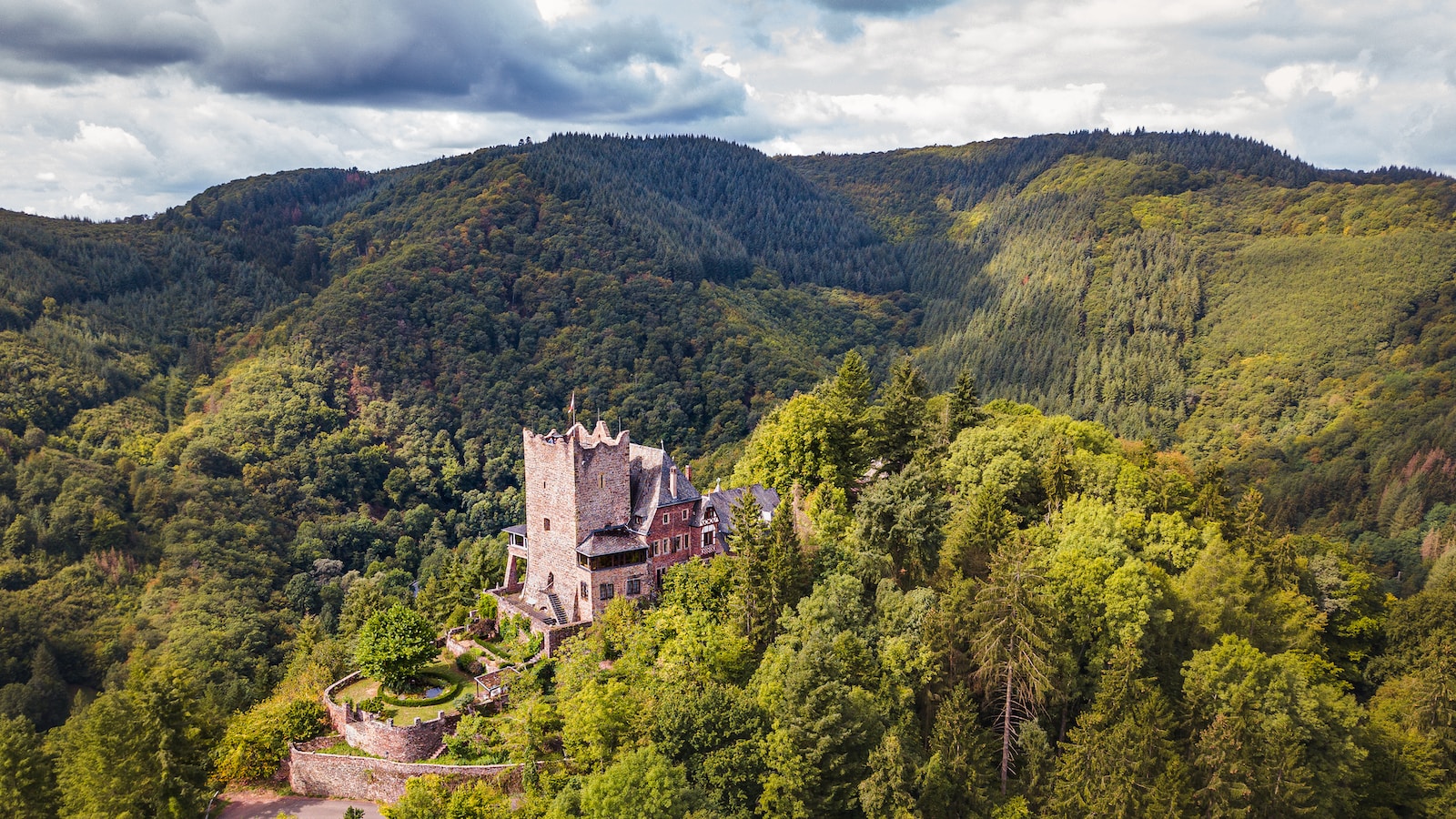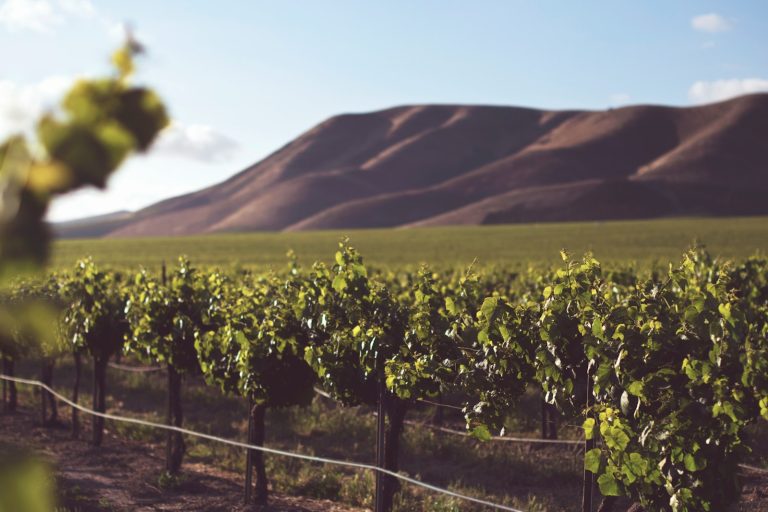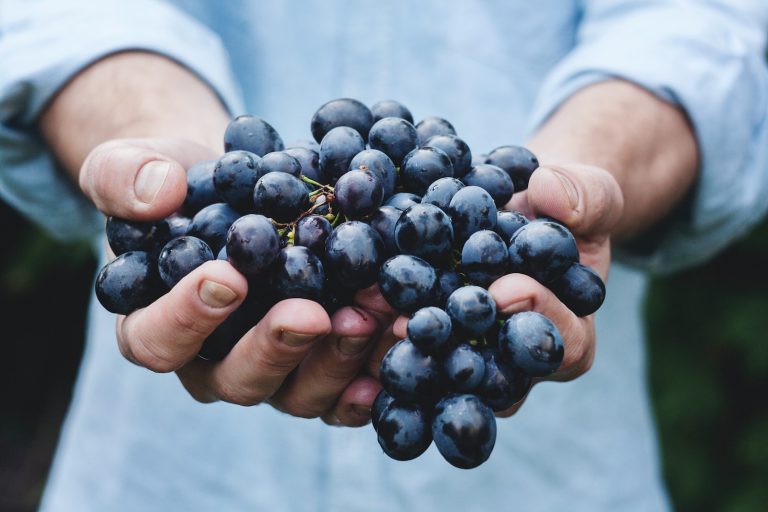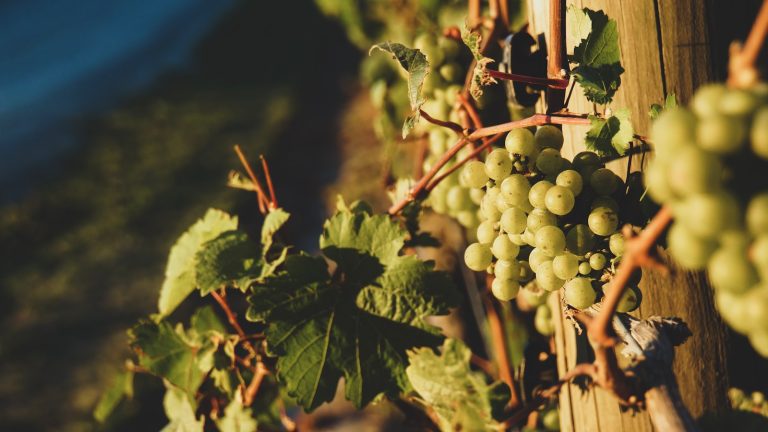The Mosel, Germany Wine Region: A Complete Guide
Nestled along the scenic Mosel River in Germany, the Mosel wine region is renowned for its breathtaking landscapes and exceptional vineyards. Stretching across approximately 8,800 hectares, this picturesque area is famous worldwide for producing some of the finest Riesling wines.
Table of Contents
The popularity of the Mosel wine region lies not only in its stunning natural beauty, but also in the unique characteristics of its wines. The region’s steep slopes, mineral-rich soils, and temperate microclimate create the perfect conditions for the cultivation of exceptional grapes. These factors contribute to the distinctively crisp, aromatic, and well-balanced characteristics found in Mosel wines.
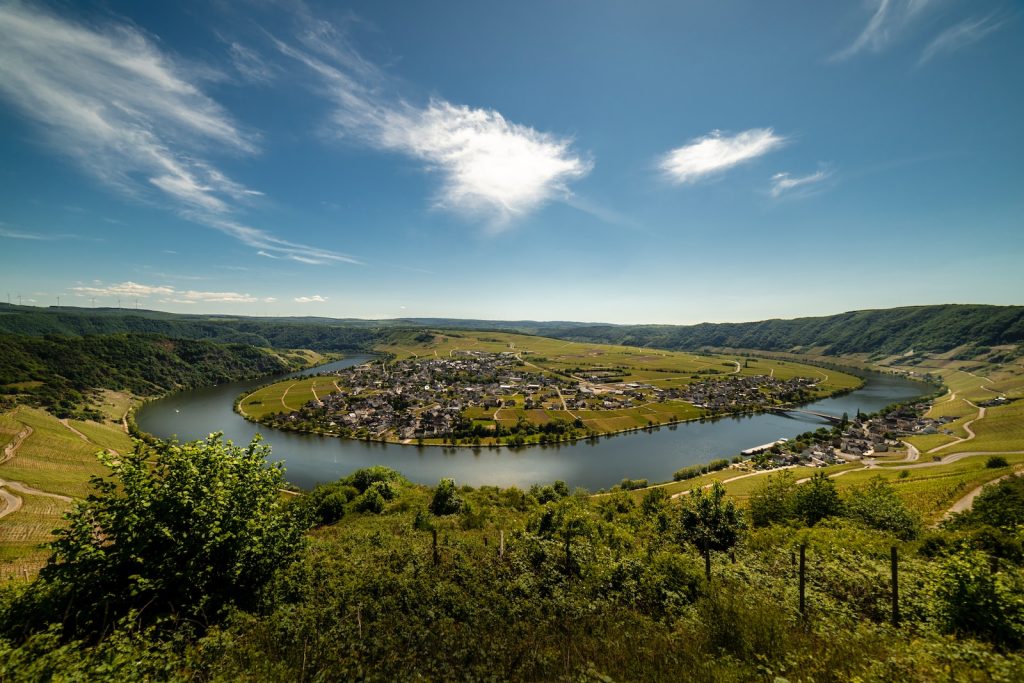
Additionally, the Mosel wine region holds a rich viticultural heritage dating back to Roman times. Winemaking traditions have been passed down through generations, resulting in a profound knowledge and expertise that is reflected in the wine production. Visitors to the region can witness this longstanding legacy firsthand, as the Mosel is dotted with charming, family-owned wineries that warmly welcome wine enthusiasts.
Moreover, the Mosel wine region offers a plethora of activities for tourists and wine enthusiasts alike. From scenic vineyard walks and boat trips along the river to wine tastings and cellar tours, visitors can immerse themselves in the wine culture and heritage of the region. The charming towns and villages, with their half-timbered houses and historic landmarks, further enhance the overall appeal of the area.
With its combination of exceptional wines, stunning scenery, and rich cultural heritage, it is no wonder that the Mosel wine region is popular among wine enthusiasts from around the globe. Whether seeking a unique wine tasting experience or simply yearning for a peaceful retreat amidst nature’s beauty, the storied vineyards of Mosel, Germany never fail to captivate and delight.
Geography of the Mosel Wine Region
The Mosel wine region is located in western Germany, following the course of the Mosel River from its confluence with the Rhine River near the city of Koblenz. The region stretches along the steep slopes of the river valley, covering an area of about 8,800 hectares (21,750 acres) in total.
Geographically, the Mosel wine region is characterized by its unique terroir. The vineyards are planted on extremely steep slopes with an inclination of up to 65 degrees, which leads to a remarkable microclimate. These slopes are composed of blue, grey, and red slate soils, known as “Devonian Slate,” which plays a crucial role in the flavor profile of the wines produced here.
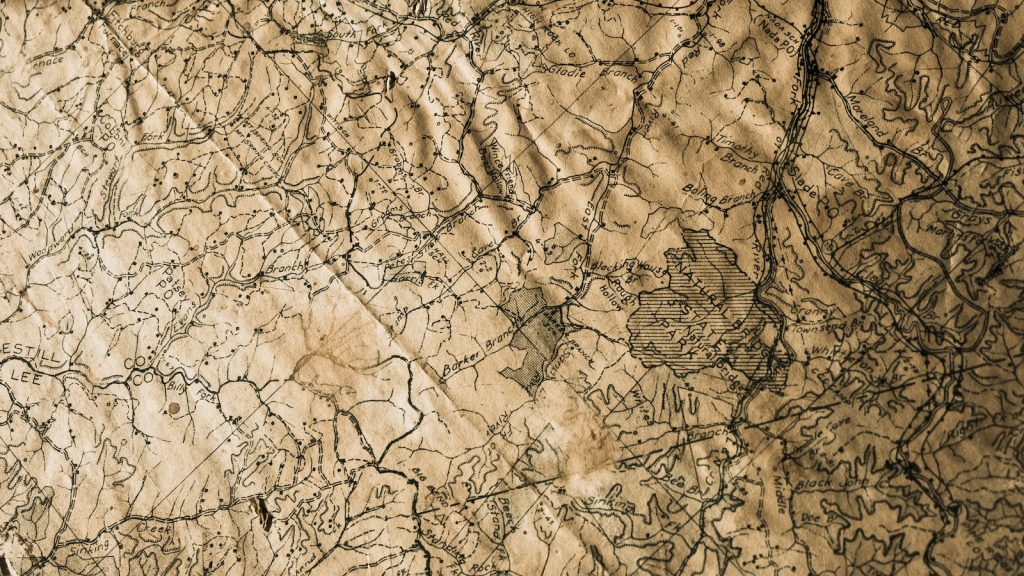
The region is renowned for its production of Riesling wines, which thrive in the cool climate and slate-soiled terrain. Riesling from the Mosel is highly regarded for its purity, minerality, and vibrant acidity. The steep slopes also allow for excellent sun exposure, perfect drainage, and natural protection against frost, making it an ideal region for winemaking.
The Mosel wine region is home to some fascinating historical landmarks related to wine. The town of Bernkastel-Kues is especially notable for its picturesque half-timbered houses and the famous vineyard called “Doctor,” which has produced top-quality Riesling since the 14th century. The region also hosts the Mosel Wine Museum in Bernkastel-Kues, where visitors can immerse themselves in the history, culture, and production techniques of the region’s wines.
It is interesting to note that the Mosel wine region has the steepest vineyards in the world. The vineyard slopes in the region are so steep that winemakers have to use special machinery and even work manually in some cases. The uniqueness of this geography, combined with the skill and dedication of winemakers, has contributed to the region’s reputation as one of the most prestigious Riesling-producing areas in the world.
Climate
The climate in the Mosel wine region of Germany is classified as cool continental. It is characterized by cool, damp winters and moderate summers. The region experiences a relatively high rainfall, which contributes to the lush greenery and vineyards in the area. The steep slopes along the Mosel River also play a crucial role in the microclimate of the region, as they help to retain heat and protect the vineyards from cold winds. Due to its northerly location, the Mosel region has a shorter growing season compared to other wine regions, resulting in wines with higher acidity and lower alcohol levels.
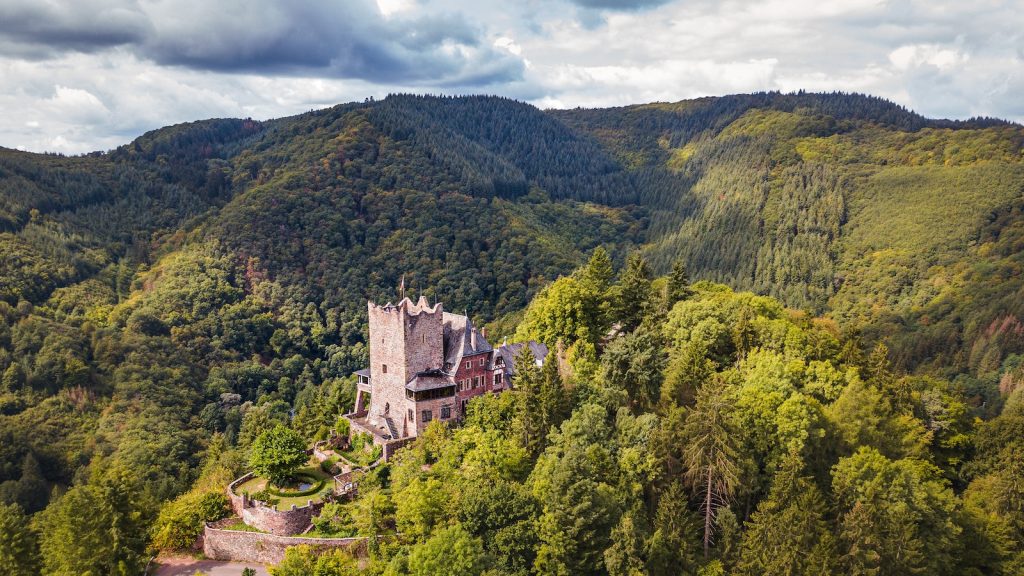
Grapes
The Mosel wine region in Germany is primarily known for producing Riesling grapes. Riesling is the most widely planted grape variety in the Mosel and is highly regarded for producing high-quality, aromatic white wines.
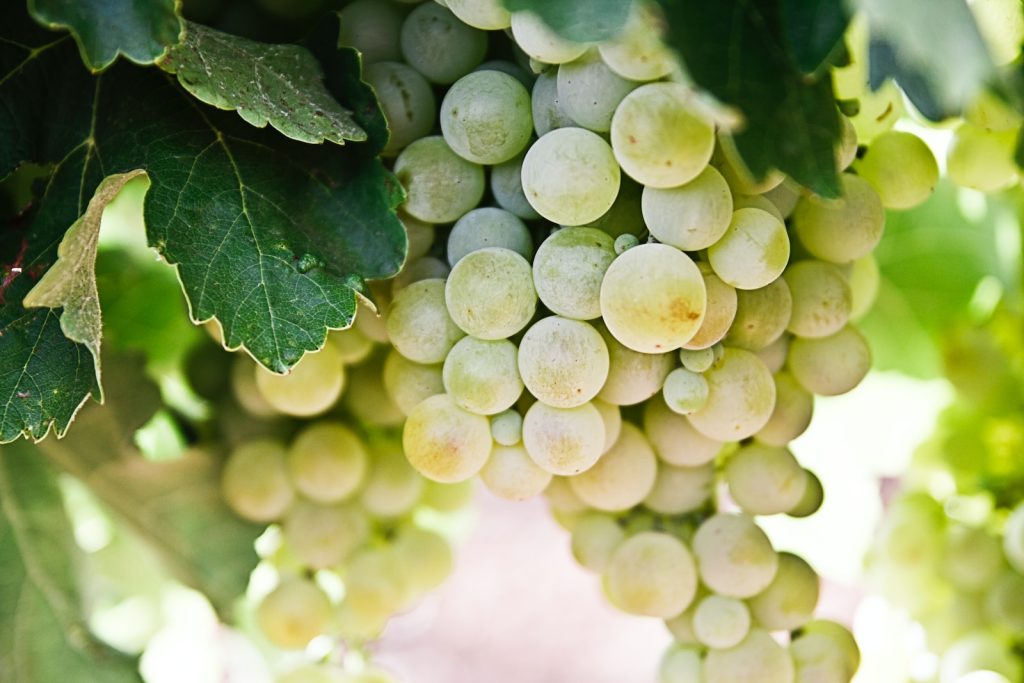
Top Wineries
Weingut Dr. Loosen: Renowned for its elegant Rieslings, Weingut Dr. Loosen is one of the most prestigious wineries in Mosel. With centuries of winemaking tradition, this family-owned estate produces exceptional wines that balance acidity and fruity flavors, showcasing the region’s unique terroir.
Weingut Fritz Haag: Considered a Mosel stalwart, Weingut Fritz Haag crafts outstanding Rieslings that have gained international acclaim. With a commitment to sustainable practices and meticulous vineyard management, their wines exhibit complexity, purity, and the perfect balance between sweetness and acidity.
Weingut J.J. Prüm: Known for producing some of the finest Rieslings in the world, Weingut J.J. Prüm is a legendary winery in Mosel. This family-owned estate meticulously tends to their vines on steep slate slopes, resulting in exquisite wines with intense aromas, harmonious flavors, and remarkable aging potential.
Weingut Selbach-Oster: With over 400 years of winemaking history, Weingut Selbach-Oster is a respected name in Mosel’s wine scene. Crafting outstanding Rieslings that showcase the region’s mineral-driven character and expressive fruit, their wines consistently deliver exceptional quality and finesse.
Weingut Joh. Jos. Christoffel Erben: This boutique winery has been producing exceptional Rieslings for over 400 years. Committed to traditional winemaking techniques, Weingut Joh. Jos. Christoffel Erben creates wines that express the unique characteristics of Mosel’s slate soils, displaying purity, elegance, and age-worthiness.
Weingut Markus Molitor: Renowned for its meticulous vineyard management and dedication to quality, Weingut Markus Molitor consistently produces outstanding Rieslings. The winery’s extensive portfolio showcases the diversity of Mosel’s terroir, offering wines that range from delicate and floral to intensely concentrated and complex.
Weingut Robert Weil: Established in 1875, Weingut Robert Weil is a name synonymous with exceptional Rieslings. Located in the heart of Mosel, this estate focuses on sustainable viticulture and minimal intervention winemaking, resulting in wines that are vibrant, balanced, and reflective of the region’s terroir.
Weingut Willi Schaefer: Known for its small production and unwavering commitment to quality, Weingut Willi Schaefer consistently crafts some of Mosel’s most sought-after Rieslings. Their wines exhibit precision, purity, and a remarkable depth of flavor, making them highly regarded among wine enthusiasts.
Weingut Egon Müller-Scharzhof: Renowned for producing some of the world’s finest sweet Rieslings, Weingut Egon Müller-Scharzhof exemplifies Mosel’s winemaking excellence. With meticulous attention to detail and a focus on preserving natural acidity, their wines are rich, complex, and offer an exceptional drinking experience.
Weingut Maximin Grünhaus: Situated in the Ruwer Valley, Weingut Maximin Grünhaus is considered one of the top wineries in the Mosel region. Known for its exquisite Rieslings and historical vineyard sites, the estate’s wines showcase the region’s distinct terroir, displaying vibrant acidity, expressive fruit, and remarkable aging potential.
Events in the Mosel Wine Region
Mosel Wine Festival
The Mosel Wine Festival is one of the most significant wine events in the region. Held annually in late summer or early fall, this festival celebrates the rich heritage of Mosel wines. Visitors can sample a wide variety of local wines, attend guided tastings, and learn about the winemaking process. The festival also features live music, traditional food stalls, and cultural performances, creating a vibrant and festive atmosphere.
Riesling Week
Riesling Week is a week-long celebration dedicated to the famed Riesling grape variety that thrives in the Mosel region. Taking place in various wineries, restaurants, and wine bars, this event offers wine enthusiasts the opportunity to explore and savor an extensive selection of Riesling wines. From dry to sweet, visitors can enjoy the diverse flavors and exquisite aromas of this iconic grape while indulging in the region’s culinary delights.
Traben-Trarbach Christmas Market
The Traben-Trarbach Christmas Market is a delightful winter event where visitors can experience the enchanting spirit of the season while enjoying Mosel wines. Held in the historic town of Traben-Trarbach, this enchanting market features beautifully decorated stalls selling Christmas crafts, gifts, and local delicacies. Among the festive offerings, visitors can warm up with a glass of mulled wine, often made from local Mosel wines, while immersing themselves in the magical atmosphere of the market.
Leiwen Wine Festival
The Leiwen Wine Festival is a popular summer event that showcases the wines of the Mosel region. Located in the picturesque village of Leiwen, this festival offers a wide range of wine-related activities. Visitors can explore the local vineyards and wineries, partake in wine tastings, and learn from experienced winemakers about their craft and the unique characteristics of Mosel wines. The festival also includes live music, traditional dance performances, and delicious food offerings, making it a perfect celebration of the region’s wine culture.

